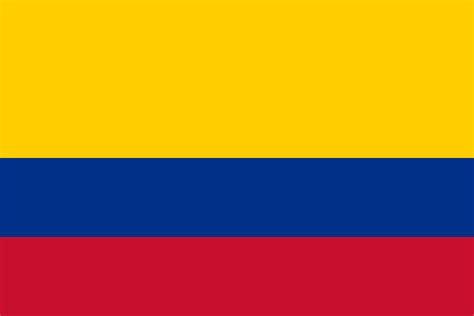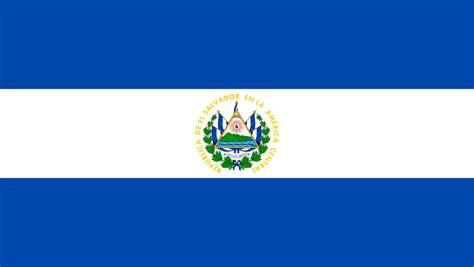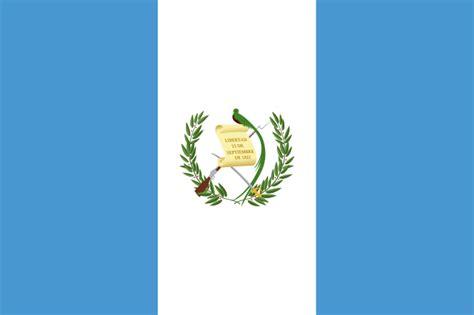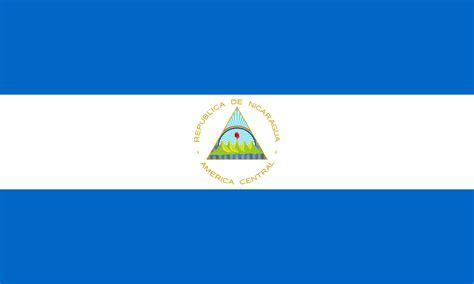- Home
- About Us
- Issues
- Countries
- Rapid Response Network
- Young Adults
- Get Involved
- Calendar
- Donate
- Blog
You are here
IRTF News
RRN Letter
January 24, 2022
We wrote to officials in Honduras to express our outrage at the constant persecution of Garífuna defenders of their ancestral territories along the northern coast of Honduras. On January 13, police arrested Leonard Brown and Luis Alberto Gutierrez, two Garífuna territorial defenders from the Waba To community in Colón Department. The following day, OFRANEH (Black Fraternal Organization of Honduras) denounced that both men had been "savagely beaten inside the cell" of the local police center. The state has been pressuring Garífuna residents to abandon Waba To at the behest of foreign investors. We demand that authorities: (1) drop criminal charges against Leonard Brown and Luis Alberto Gutierrez; (2) investigate any physical harm inflicted on the men during their arrest and make accountable police agents who are responsible for those injuries; (3) comply with judgments of the Inter-American Court of Human Rights to protect Garífuna communities against hostility and pressure from intruders and criminal groups; and (4) work with Garífuna leaders to demarcate and register land titles.
News Article
January 24, 2022
President-elect Xiomara Castro has not been sworn in yet, but her administration already faces its first major crisis. Just days before Xiomara Castro’s Jan. 27 inauguration as president of Honduras, her party Libre split over the congressional vote, as some members of National Congress aligned with her political opponents of the National Party and Liberal Party to support Jorge Cálix, a dissenting member of the Libre party, as president of the National Congress. It is a preview of the tumult that may await the transition out of 12 years of post-coup rule under the National Party, unlikely to willingly loosen its grip on power given that many prominent members face potential corruption or drug trafficking charge. As of Monday afternoon, Honduras still had two parallel Congressional leaderships, both under suspicion of illegality, a sign that does not bode well for the stability for the first days of Castro’s presidency.
News Article
January 21, 2022
U.S. Department of Homeland Security Secretary Alejandro Mayorkas yesterday betrayed the Biden administration’s commitments to disentangle local policing from the federal detention and deportation system and called on local law enforcement agencies to assist DHS in the enforcement of federal civil immigration law. When local police, who lack expertise on immigration laws, act as ICE officers, the racial biases and discriminaton of the criminal legal system are layered on top of the already racist enforcement of U.S. immigration law. Sec. Mayorkas is urged to reverse course and follow-through on President Biden’s critical promises to affirmatively terminate “287(g)” agreements” with local law enforcement agencies around the country.
News Article
January 21, 2022
The community assembly in Nebaj, Guatemala is part of the Ixil’s historical struggle to pursue peaceful and local community-based solutions and transparency to institutional, governmental, and structural corruption and impunity at all levels of government. Guatemala is experiencing a weakening of democratic structures and the further entrenchment of corruption and impunity. Many Indigenous communities have been abandoned by the corrupt state and are displaced from their territories by the armed forces. The International Commission Against Impunity in Guatemala (CICIG), created in 2006, gave Guatemalans hope that justice would be served to corrupt politicians, but the right-wing and military backlash was swift. In recent years, the Guatemalan state has become increasingly militarized and has overused states of sieges to suspend civil liberties. As a result, some fear that the government is regressing towards authoritarianism. Twenty-five years after the Peace Accords, Guatemalan democracy is at a crucial political juncture in which the safeguards against corruption, impunity, and state violence are being dismantled by the politicians, elites, and military.
News Article
January 21, 2022
President-Elect Xiomara Castro’s plans to overhaul Honduras suffered a major setback on Friday. A rebellion within her leftist Libre party has deprived her allies of control of Congress, threatening her ability to pass laws and appoint officials even before she has taken office. Ms. Castro’s party split apart after she tried to fulfill a campaign promise and install a member of an allied centrist party as congressional speaker on Friday morning. A group of 22 Libre lawmakers opposed the move. If Ms. Castro fails to live up to Hondurans’ widespread desire for change, even more citizens could flee to the United States border because of violence and political instability, said Tiziano Breda, Central America analyst at the International Crisis Group. The rebellion further complicates the Biden administration’s policy in northern Central America, which has endured a series of autocratic and corrupt leaders, on the right and the left.
News Article
January 20, 2022
Rights groups and politicians in Colombia have welcomed a decision by the country’s Constitutional Court, which ruled this week that the government failed to consult local communities over its plan to restart aerial fumigation of coca crops. Aerial spraying of glyphosate previously saw rural water supplies contaminated and food crops destroyed in the Colombian countryside. The court’s decision highlights the unfulfilled obligation the government had to engage with communities that would be affected by the spraying.
News Article
January 15, 2022
Conflict-related violence has since taken new forms, and abuses by armed groups, including killings, massacres, and massive forced displacement increased in many remote areas of Colombia in 2021. Human rights defenders, journalists, Indigenous and Afro-Colombian leaders, and other community activists face pervasive death threats and violence. The government has taken insufficient and inadequate steps to protect them. Police officers repeatedly and arbitrarily dispersed peaceful demonstrations. The Covid-19 pandemic and measures in place to control it had a devastating impact on poverty and inequality in Colombia. Impunity for past abuses, barriers to land restitution for displaced people, limits on reproductive rights, and the extreme poverty and isolation of Indigenous and Afro-Colombian communities remain important human rights concerns. This is the Human Rights Watch 2022 World Report on Colombia
News Article
January 15, 2022
In 2021, President Nayib Bukele and his allies in the legislature undermined basic democratic checks and balances. President Bukele’s government has indicated he plans to introduce a proposal to reform the constitution. Gangs continue to exercise territorial control over some neighborhoods and extort residents throughout the country. They forcibly recruit children and sexually abuse women, girls, and lesbian, gay, bisexual, and transgender (LGBT) people. Historically, security forces have committed extrajudicial executions, sexual assaults, enforced disappearances, and torture. Girls and women accused of having abortions have been imprisoned for homicide and aggravated homicide. LGBT individuals face discrimination and police violence. This is the Human Rights Watch 2022 World Report on El Salvador
News Article
January 15, 2022
Judicial independence has been threatened by corruption and spurious complaints against judges and prosecutors investigating high profile cases. Harassment and violence against human rights defenders and journalists remain major concerns. Authorities have restricted access to information, including about vaccine purchases and other measures to address the Covid-19 pandemic. Guatemala faces challenges in protecting the rights of migrants; human rights defenders; women and girls; and lesbian, gay, bisexual, and transgender (LGBT) people. This is the Human Rights Watch 2022 World Report on Guatemala
News Article
January 15, 2022
President Ortega was elected to a fourth consecutive term in November amid government repression of critics and the political opposition. To pave the way for his re-election, authorities arbitrarily arrested and prosecuted government critics and political opponents. Police abuses committed during a brutal crackdown by the National Police and armed pro-government groups in 2018 have gone unpunished. Persistent problems include severe restrictions on freedom of expression and association, political discrimination, and stringent restrictions on abortion. This is the Human Rights Watch 2022 World Report on Nicaragua.





